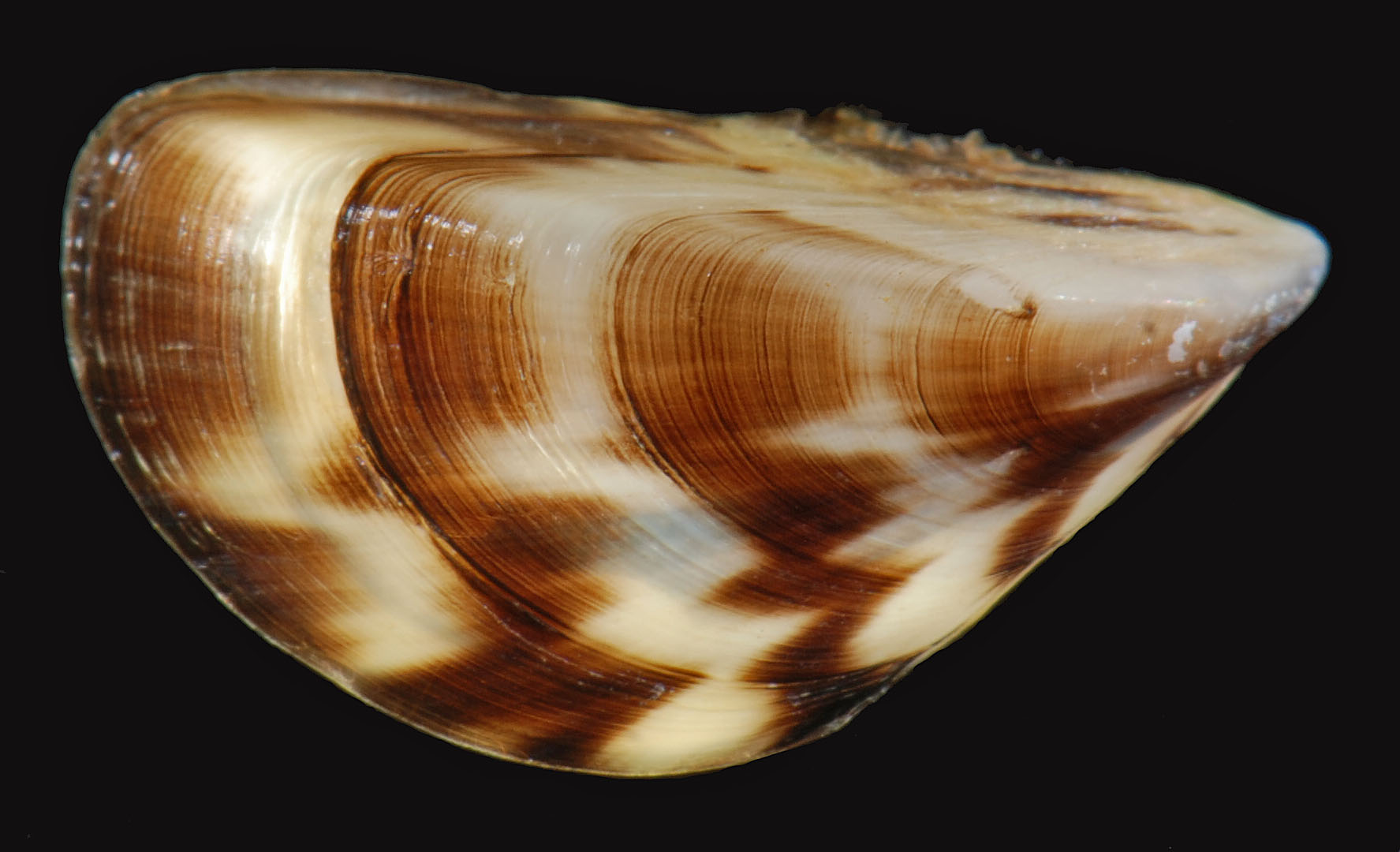Americans are being warned not to eat invasive mussel species—and for good reason. While these freshwater mollusks might look edible, officials and scientists say they pose serious risks to both human health and the environment. Despite their abundance, invasive mussels like zebra and quagga mussels are not a food source you should be tapping into.
What Are Invasive Mussel Species?
Invasive mussel species, primarily zebra mussels (Dreissena polymorpha) and quagga mussels (Dreissena bugensis), are non-native shellfish originally from Eastern Europe. They were introduced to U.S. waterways through ballast water discharged by ships. Since the 1980s, they’ve spread across the Great Lakes and into rivers, reservoirs, and lakes across more than 30 states.
They reproduce rapidly, clog water intake systems, damage boats, and outcompete native species for food and habitat. Their ability to attach to almost any surface makes them especially destructive.
Why You Shouldn’t Eat Invasive Mussel Species
Although some might assume that these mussels could offer a free source of seafood, wildlife officials strongly advise against it. Here’s why:
- Toxin Accumulation: Invasive mussels are filter feeders. That means they absorb toxins, pollutants, and harmful bacteria from the water. Heavy metals, microcystins from algae, and even industrial waste can accumulate in their tissues. Eating them could lead to serious illness.
- No Safety Regulations: There are no federal guidelines regulating the harvest or consumption of these mussels. That means you’d be eating something with zero safety oversight.
- Potential for Environmental Harm: Harvesting these mussels could spread them even further. Their larvae are microscopic and easily transported on gear or in water. What seems like a cleanup effort might actually do more harm than good.
What to Do If You Find Them
If you come across invasive mussel species, don’t try to cook them up or use them as bait. Instead, report the sighting to your local wildlife agency. In many states, it’s illegal to possess or transport them. Removing them improperly can lead to fines—and ecological consequences.
Final Thoughts
Yes, invasive mussel species are a problem, but eating them is not the solution. Americans are being warned not to eat invasive mussel species because doing so risks your health and further disrupts ecosystems. If you want to help, spread awareness—not mussels.



